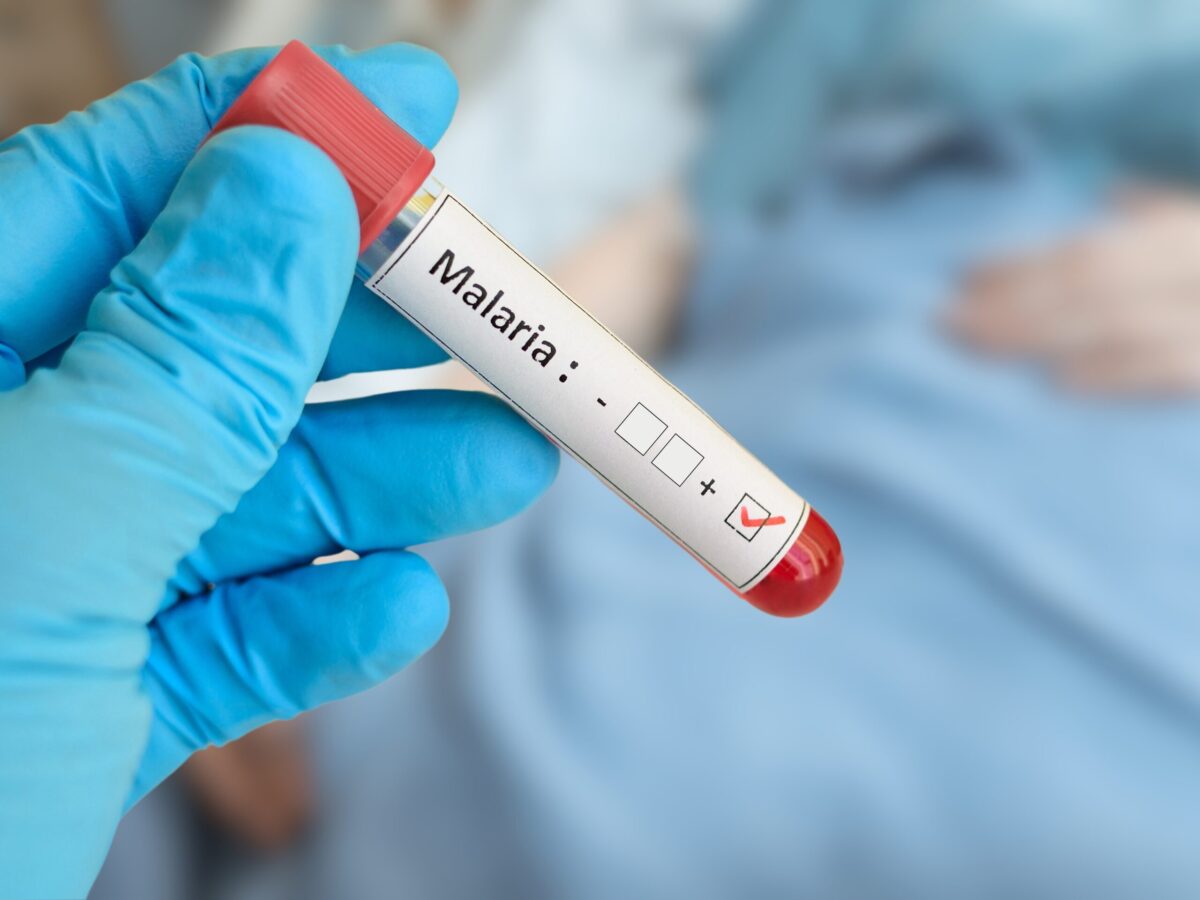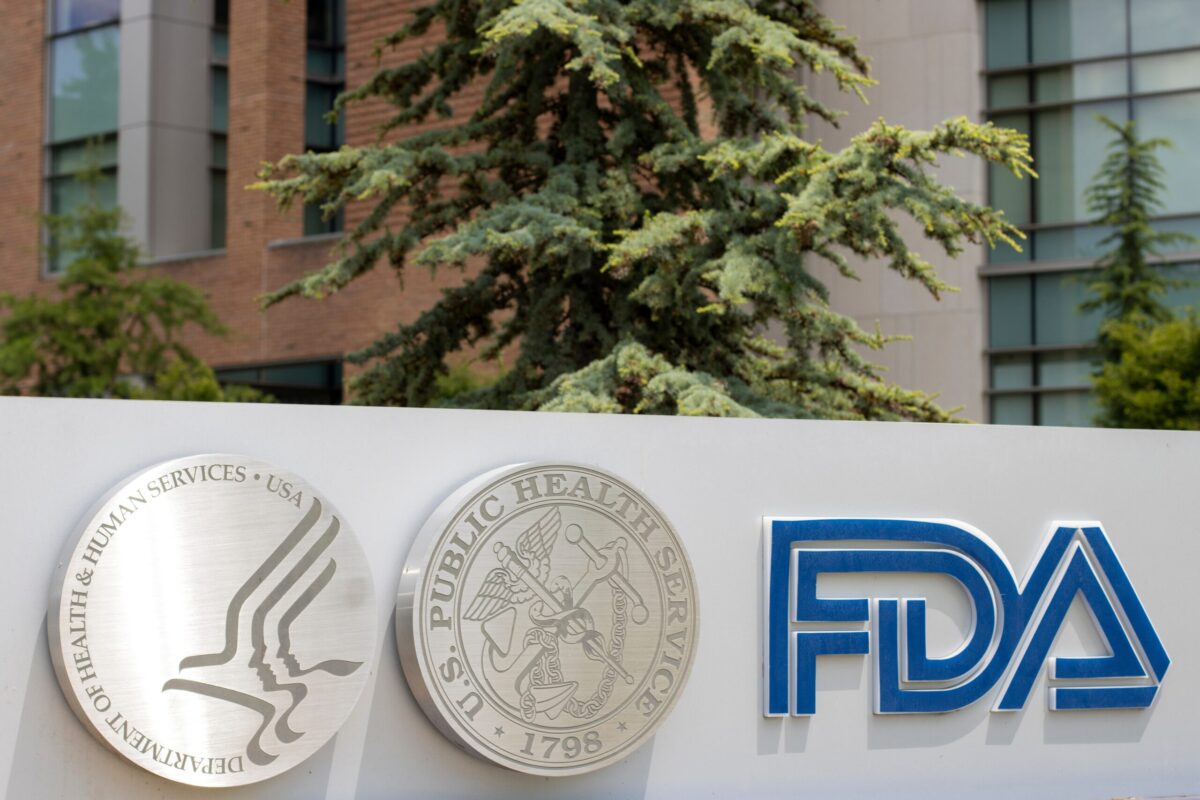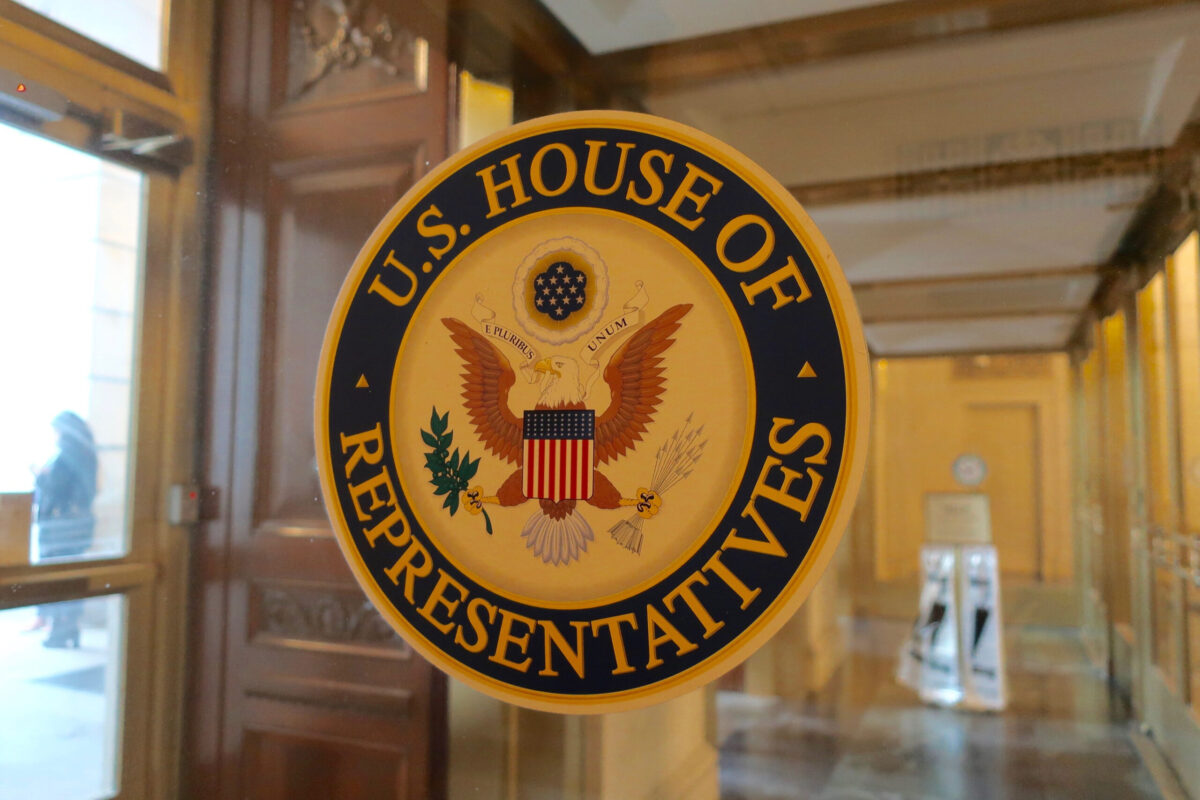The US Food and Drug Administration (FDA) recently removed Eli Lilly’s GLP-1 tirzepatide drugs Mounjaro and Zepbound from its drug shortages list, prompting a lawsuit from compounders.
While good news for users, the FDA decision sparked a heated response from the compounding pharmacy sector, which has filed a lawsuit against the agency claiming its actions were arbitrary and unlawful.
The Outsourcing Facilities Association (OFA) filed the lawsuit against the agency in the US District Court for the Northern District of Texas, arguing that the decision was made prematurely and without adequate justification.
The OFA is the trade organization that represents FDA-registered 503B outsourcing facilities that provide compounded medications to hospitals, physicians and patients.
According to the lawsuit, the OFA claims that the FDA’s removal of GLP-1 drugs from the shortage list is “arbitrary and capricious,” and that the shortage is not fully resolved, particularly for patients using the drugs for off-label weight loss purposes.
The lawsuit criticizes the FDA for failing to seek public input before making its decision and for relying on Lilly’s assurance that it can meet the demand for these products. It argues that Lilly has a vested interest in dominating the market, accusing the company of acting out of self-interest to maintain a market monopoly.
The OFA is also asking for “greater transparency by the FDA in defining and managing drug shortages, especially as drug shortages continue to worsen and costs continue to rise for patients across the country, with this class of medication being too costly for many to afford.”
Related: Eli Lilly Reaches Settlement with Totality MediSpa Over Sale of Compounded Mounjaro and Zepbound
The complaint was filed jointly by the Outsourcing Facilities Association and North American Custom Laboratories, which operates under the name FarmaKeio Superior Custom Compounding. In March 2022, the FDA issued a recall of products from the company that failed to be sterile as intended. Later that year, the agency also raised concerns, noting that the company had not provided sufficient evidence to show it had resolved the issues that led to the recall.
The compounding industry argues that many patients are still facing challenges in obtaining the medications, despite the FDA’s assessment, and that compounded versions offer an essential alternative for those unable to access the branded drugs.
The removal of GLP-1 receptor agonists from the list has significant implications. When a drug is no longer considered in shortage, compounding pharmacies lose their legal ability to produce and distribute compounded versions of the drug. While small compounding pharmacies are required to halt production immediately, larger compounders operating under section 503B of the Food, Drug, and Cosmetic Act are granted a 60-day grace period to cease production.
The FDA’s decision effectively shuts off a pathway that had allowed these pharmacies to dispense the drugs when the branded versions were in short supply.
Lilly’s tirzepatide products were on the FDA’s drug shortages list for just under two years (22 months). Mounjaro made the list in December 2022 while Zepbound followed in April 2024.
During this time, compounding pharmacies were permitted to produce lower-cost versions of the injectable medications. These compounded alternatives became widely available, especially online, and gained popularity as demand for the treatments soared.
XTALKS WEBINAR: Cloud-Connected Bioreactors: Optimizing Synthetic Biology Scale-Up
Live and On-Demand: Tuesday, November 12, 2024, at 1pm EST (10am PST)
Register for this free webinar to discover how cloud-connected bioreactors are revolutionizing the scale-up process for biomanufacturing.
GLP-1 drugs are a newer class of drugs that are widely used for diabetes management and have gained immense popularity for weight loss as well.
“The FDA’s removal of Tirzepatide from the shortage list without the due process of proper federal notice, at a time when they acknowledge that shortages still exist, is the definition of arbitrary and capricious,” said Lee H. Rosebush, Chairman of OFA. “The agency’s decision will have tremendous implications across the nation for patients and physicians, as well as the outsourcing facilities that made an enormous investment to meet patient demand in light of product shortages and delays.”
On the other hand, Lilly and fellow GLP-1 drugmaker Novo Nordisk have been suing compounding pharmacies and spas selling dupes of their GLP-1 products. In May, Lilly reached a settlement with a medical spa selling counterfeit versions of Mounjaro and Zepbound.
Meanwhile, Novo Nordisk’s semaglutide GLP-1 drugs continue to remain on the shortage list since August 2022. This means compounders can still produce compounded versions of the products, Ozempic and Wegovy.
Last month, the Danish pharmaceutical company announced that the shortage of its diabetes blockbuster Ozempic is expected to persist through the end of the year.
If you want your company to be featured on Xtalks.com, please email [email protected].












Join or login to leave a comment
JOIN LOGIN